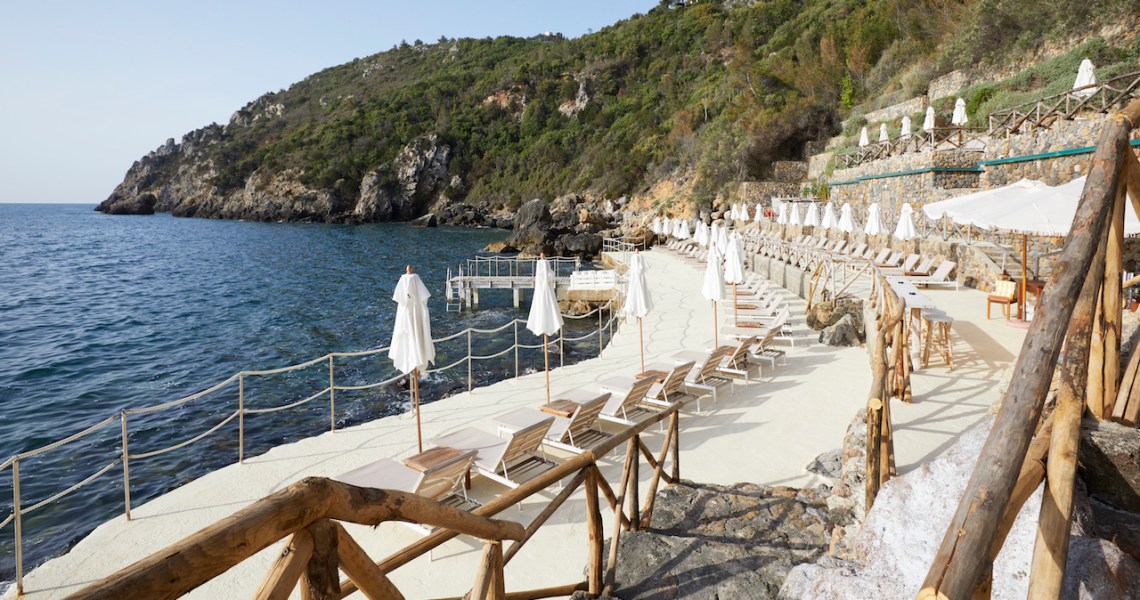Ana Andjelic is a brand strategist and sociology expert.
With the recent flurry of hotel openings by retailers, hospitality and retail are more integrated than ever. Equinox, Shinola, West Elm, Muji and, improbably, Taco Bell all now have hotels to their name. (Even more surprisingly, this is not Taco Bell’s first foray into hospitality.) Related are the 24/7, concierge-like personal styling services, as well as the points systems and loyalty programs retailers are rapidly adopting.
Industries regularly borrow best practices from each other. But beyond the simple cross-industry pollination, there is something else at play here. In recent years, we have seen an exponential rise in experiential consumption. Experience-fueled markets reward business models that revolve around the most personally transformative interactions — the ones that make our lives better across Maslow’s entire hierarchy of needs.
The best brand experiences today are not about brands but about life. Life doesn’t distinguish between categories. Consumers increasingly expect experiences that are holistic and seamlessly integrate different aspects of their lives.
This emerging, strategic territory provides three lessons for hospitality brands.
Define the role of retail
For a hospitality company, the first step in having a successful retail strategy is defining what it wants the retail to achieve in relation to its audience and within the context of its wider brand and business strategy. The goal may be to excite its audience, to inspire them, to give them things to talk about or to celebrate their way of life. For example, to address customers’ desire to live an eco-friendly lifestyle, sustainable luxury fashion boutique Even En Vert partnered with the environmentally friendly hotel Les Roches Rouges, located on the Côte d’Azur. Travel has become an important part of the global affluent class’s lifestyle, and high-end hotels and retailers are fervently capitalizing on synergies between their respective audiences.
Define the ABCs of a perfect story
Every good experience tells a story; it helps participants understand the world better and to understand themselves better in relation to the world. Still, brands too often claim that experiences are the ultimate expressions of their brand’s lifestyle, without first defining what this lifestyle is. The result is pure experiential marketing — a Disneyland without themes, all pure, story-less razzle-dazzle and thrill. To avoid this trap, hospitality companies need to become obsessed with storytelling. A perfect story resides at the intersection of audience passions, brand passions and consumer passions. Il Pellicano hotel group partnered with MatchesFashion to create a considered, curated capsule collection inspired by their own and their shared audiences’ mutual love for the Italian coastline. The collection is featured both in MatchesFashion’s 5 Carlos Place flagship store and on Il Pelicano’s yacht from the 1930s that is cruising between different Il Pellicano properties. MatchesFashion claims that vacation edits, expressing different aspects of the summer narrative, are its fastest-growing area, with its sales of vacation wear going up more than 40% in 2019.
Harvest consumer intelligence
Integration of hospitality and retail enables brands to measure and collect data on consumer activity in a multitude of settings and translate those learnings into a better customer experience. It is the ultimate ethnographic study of their shared audience that creates an integrated, multi-touch-point user journey that unites previously disparate context. It also helps designers of experiences to better understand how to optimize layouts, staff registers and reception and concierge areas, and reward returning customers.
The experience economy is projected to grow to $8 trillion by 2030. Industries like hospitality, travel, retail, wellness, food and fashion can no longer afford to be one-dimensional. The winners are going to be those who successfully design their business models and organizations around a holistic, cross-category experience. In this context, merging retail and hospitality seems almost inevitable.




